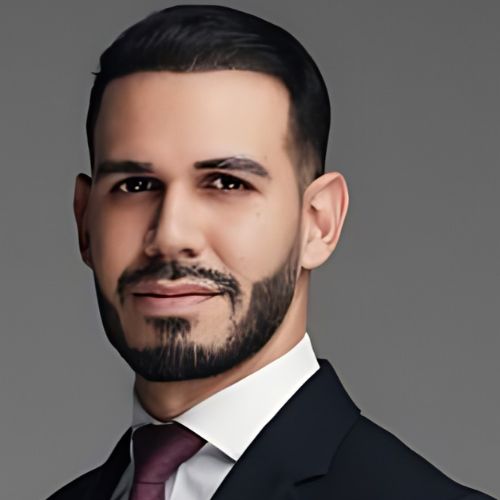ABU DHABI — The UAE had proven its leadership in sustainable development and urban planning through its well-founded strategies and effective measures, said Samir Atitallah, CEO of Mirabaud (Middle East) Limited, part of the international Mirabaud banking group headquartered in Geneva, Switzerland.
Atitallah emphasized that the UAE’s sustainable cities are characterized by their reliance on renewable energy, the efficiency of their buildings, sustainable public and private transportation, green spaces, effective waste management, and water conservation.
The UAE is seen as a pioneering model, particularly in its focus on creating smart cities. Atitallah highlighted the recently launched “SDG11 City Insights Report,” which outlines strategies for achieving the United Nations’ Sustainable Development Goals by 2030.
“This, along with other initiatives like hosting COP28 and declaring 2023 as the Year of Sustainability, underscores the UAE’s commitment,” he added.

Atitallah also pointed out the UAE’s significant clean energy strategies, such as the Energy Strategy 2050. This ambitious plan aims to increase the share of clean energy in the total energy mix from 25 to 50 percent by 2050 and reduce carbon emissions from power generation by 70 percent.
Additionally, the Dubai Clean Energy Strategy 2050 aims to meet 75 percent of Dubai’s energy needs from clean sources by 2050 and positions Dubai as a global hub for clean energy and the green economy.
Highlighting some of the UAE’s key clean energy initiatives, Atitallah mentioned the Mohammed bin Rashid Al Maktoum Solar Park, the world’s largest single-site solar power plant, projected to have a production capacity of 5,000 megawatts by 2030. He also noted the Dubai Green Fund, which offers loans at reduced interest rates to investors in the clean energy sector.
Atitallah highlighted the burgeoning electric car market in the UAE, which is projected to grow by 30 percent annually until 2028, according to a study by management consulting firm Arthur D. Little.
“In response to the rising demand for electric vehicles and to promote their use, the EV Green Charger initiative, launched by the Dubai Electricity and Water Authority (DEWA), has expanded the number of electric vehicle charging stations in Dubai to 620,” he said.
Regarding public transportation, Atitallah noted that the Roads and Transport Authority (RTA) in Dubai has launched significant sustainability initiatives aimed at reducing the carbon footprint of the city’s public transportation system, with a goal of achieving net-zero emissions by 2050.
This strategy includes plans to reduce carbon emissions by 10 million tonnes, which involves transitioning the RTA’s entire fleet of public buses, taxis, and school buses from fuel-powered to clean fuel by 2050.
“The UAE Water Security Strategy 2036 is set to reduce the average individual water consumption by half,” Atitallah continued. “Additionally, the new Dubai Integrated Waste Management Strategy 2021-2041 is designed to oversee long-term waste management projects over the next two decades. This includes the construction of a $1.1 billion facility that will convert waste into energy.”
He said that the UAE Ministry of Energy and Infrastructure is actively working on implementing a sustainable procurement policy. This policy aims to assess the social, economic, and environmental impacts of procurement throughout the entire project lifecycle, taking into account suppliers’ capabilities to operate sustainably across the supply chain.
“Green spaces and energy-efficient buildings are crucial components of sustainability,” Atitallah pointed out.
“Architecture 2030 reports that these environments are responsible for 40 percent of the world’s annual carbon dioxide emissions. To tackle this, the Dubai Smart City Plan 2040 is designed to address these issues at the city level. The plan aims to reduce the carbon footprint of buildings by 30 percent by 2030, increase green spaces, expand beaches by 400 percent, and transform 60 percent of Dubai into nature reserves by 2040,” he added.
Atitallah emphasized the long-term benefits of sustainable urban planning, noting that transitioning to a sustainable city is an extensive endeavor. It requires a comprehensive strategy involving multiple stakeholders, significant investments, and innovative financing models to attract the necessary institutional and private capital support.
“Mirabaud Asset Management has recently introduced a private equity strategy focused on financing sustainable urban transformation projects across France and the Eurozone, with up to 10 percent allocation. Leveraging our expertise in real estate financing, we are addressing some of the most significant urban challenges of this century,” said the CEO of Mirabaud (Middle East) Limited.








